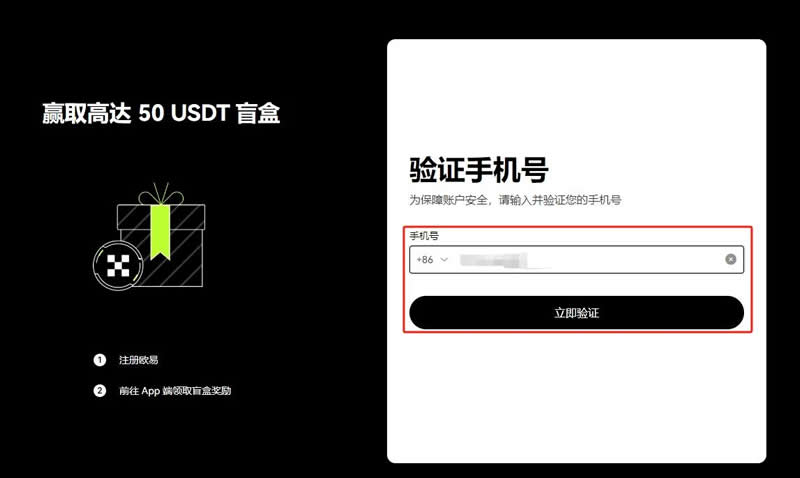
Title: Understanding Virtual Wallets: A Comprehensive Guide
Introduction
In today's digital age, virtual wallets have emerged as a revolutionary financial tool that offers a seamless and secure method of managing our financial transactions. A virtual wallet, also known as an e-wallet or digital wallet, is essentially an electronic representation of a physical wallet that stores, manages, and facilitates online payments. This article delves into the concept of virtual wallets, their importance, why they are preferred, their advantages, and some best practices to follow.
Why Use Virtual Wallets?
1. Convenience: Virtual wallets eliminate the need for carrying physical cash or cards, making transactions faster and more convenient. With a smartphone or computer, you can make purchases, pay bills, and transfer funds with just a few taps or clicks.
2. Security: Many virtual wallets use advanced encryption technologies to protect user data, reducing the risk of fraud and identity theft compared to traditional methods. For instance, Apple Pay and Google Wallet use tokenization, which replaces your card details with a unique identifier, ensuring your financial information remains safe.
3. Portability: Virtual wallets are accessible from anywhere, as long as you have an internet connection. This allows users to shop online, pay for services, or send money across borders without needing physical currency.
4. Record-keeping: Digital wallets automatically track spending, providing a clear overview of financial transactions, budgeting, and expense management.
5. Rewards and Discounts: Many virtual wallets offer loyalty programs, cashback, or discounts on purchases made through their platform, incentivizing users to adopt them.
Examples of Popular Virtual Wallets
1. PayPal: One of the most widely used virtual wallets, PayPal allows users to send and receive money, shop online, and pay bills. It's globally recognized and accepts multiple currencies.
2. Venmo: A peer-to-peer payment platform, Venmo is particularly popular among friends and family for splitting expenses and casual payments.
3. Alipay and WeChat Pay: These are China's dominant virtual wallets, facilitating transactions for shopping, utilities, and even public transportation.
Avoiding Pitfalls
1. Security Risks: Although virtual wallets are generally secure, it's essential to choose a reputable provider, set strong passwords, and enable two-factor authentication for added protection.

2. Privacy Concerns: Be cautious about sharing personal information, and regularly review transaction history to ensure there are no unauthorized activities.
3. Fraud Protection: Regularly monitor your virtual wallet balance and transactions for suspicious activity. Report any suspicious transactions immediately.
4. Compatibility: Not all merchants accept virtual wallets, so always check before using them for a purchase.
5. Backup and Recovery: Ensure your virtual wallet has a backup or recovery mechanism in case you lose access to your device or account.
Conclusion
Virtual wallets have revolutionized the way we manage our finances by providing convenience, security, and various benefits. As technology continues to evolve, so do the features and security measures of these digital wallets. By understanding their advantages and being aware of potential pitfalls, individuals can make informed decisions about incorporating virtual wallets into their financial strategies. In the era of digitalization, embracing virtual wallets is not just practical but also a step towards a more efficient and secure financial future.

发表评论
◎欢迎参与讨论,请在这里发表您的看法、交流您的观点。